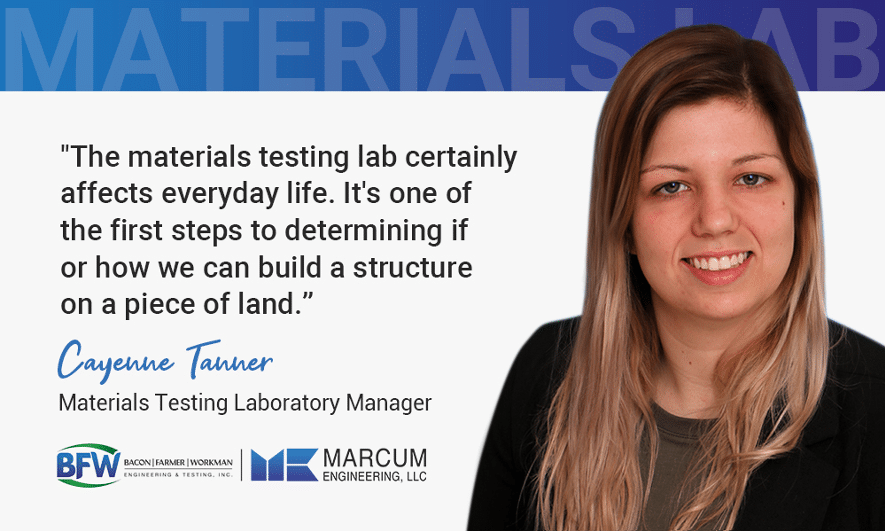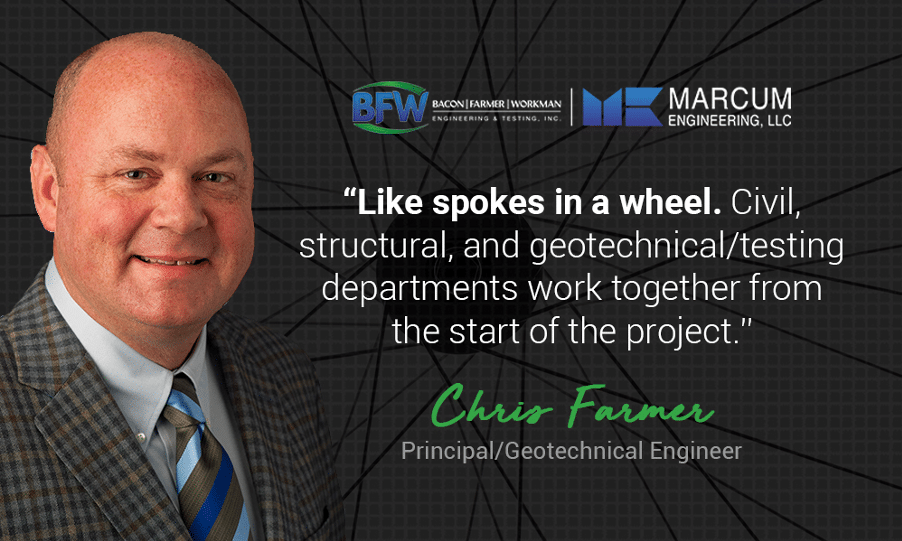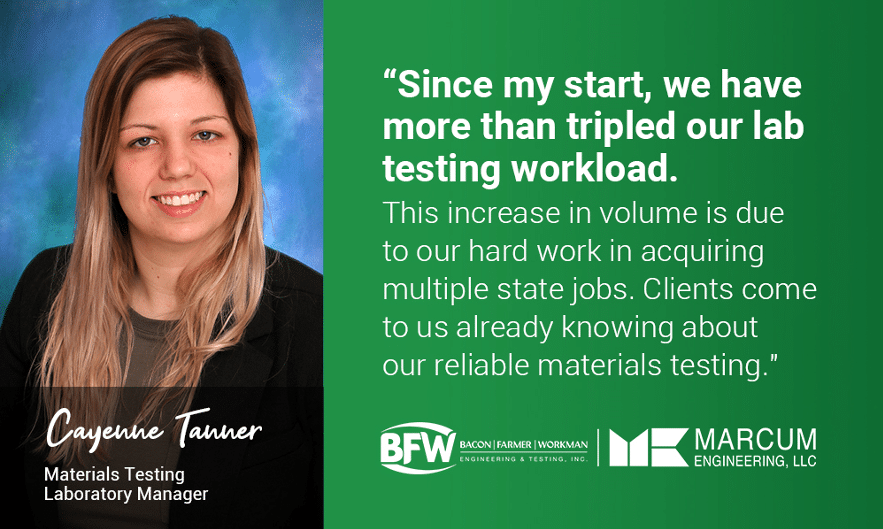Depending on where you live, you might have a basement. In some geographical areas, a basement is an afterthought. In others, it’s a huge financial investment that requires clever engineering and plenty of pre-planning. The fact is, the ground beneath our feet is not all the same. There are many kinds of soil—even in the United States. Some are better than others at holding their shape, supporting structures, and otherwise remaining stable.
How, then, does an engineer design anything when they can’t even rely on solid ground? Building a basement within the Gulf Coast—where the soil is loamy (they call it gumbo clay)—would be a nightmare. Most homeowners in that area forego the prospect of a basement entirely. However, engineers can’t just say no to projects because the soil is difficult. Truthfully, all soil is difficult for various reasons for large projects.
Throughout the centuries, engineers have developed solutions to many of our soil problems. With that said, applying the correct solution means you must first understand the type of problem you’re working with. For that, we must consult a materials testing lab.
Materials Testing Labs Ensure We Find Our Footing
Cayenne Tanner, Materials Laboratory Manager, understands the day-to-day implications of materials testing. Like many other aspects of the engineering process, it’s an often-ignored aspect of engineering and construction. One that the public may not know too much about. However, it’s still one of the most important components of safe building practices.
“The materials testing lab certainly affects everyday life. It’s one of the first steps to determining if or how we can build a structure on a piece of land.”
“The soil we build on is the backbone of the structures we engineer. Without a solid foundation, what is built will be unsafe or, at the very least, have a much shorter lifespan than what our clients desire.”
Whether it’s a building, bridge, or highway, you must understand what you’re building on, which is where our materials lab comes in.
Our Materials Lab is a Spoke in Our Wheel
Chris Farmer, Principal/Geotechnical Engineer, sees the materials lab, materials testing, and the broader geotechnical department as integral to the entire firm. Without each other, they’d suffer as a whole.
“While the geotechnical and materials testing departments are support departments for the civil engineering and structural departments, we all work collaboratively like spokes in a wheel. Civil, structural, and geotechnical/testing departments work together from the start of the project.”
“We will meet together at the start and discuss the project as a whole, starting with the client expectations, then specific details about the structure or site design. The geotechnical department then recommends a boring or testing strategy to the civil/structural that will provide the field and laboratory data needed (such as soil type, soil strength, groundwater).”
“Once we agree, the geotechnical department conducts the drilling and field testing, and then brings soil/water samples back to our in-house laboratory for testing. Once testing is complete, a geotechnical report is prepared and provided to the civil/structural team.”
In-House; Reliable, Accountable
What really sets BFW/Marcum apart is our expansive, in-house geotechnical services. Materials testing is just one service that we provide for our clients without the use of a subcontractor. At the end of the day, in-house means reliable and accountable; our customers have come to learn that.
Cayenne is one of our most knowledgeable engineers. She understands firsthand the importance of being able to test soil and provide other geotechnical services directly to a client.
“In my time at the firm, the lab has grown exponentially. Since my start, we have more than tripled our lab testing workload. This increase in volume is due to our hard work in acquiring multiple state jobs. Clients come to us already knowing about our reliable materials testing.”
Success Requires a Solid Foundation
Conditions are often far from perfect, no matter where you’re building. A good engineering firm works with the land and overcomes challenges.
Cayenne is well-versed in overcoming obstacles. “We all have to start somewhere. The key to success is in having a solid foundation.”
In engineering and construction, a solid foundation is one that is well understood. Engineers are problem solvers. We understand that conditions are never perfect, but if we understand the problems, we’ll find a solution. Materials testing is our way of seeing those problems from the start so we can prepare for them, overcome them, and ultimately design around them.



Recent Comments